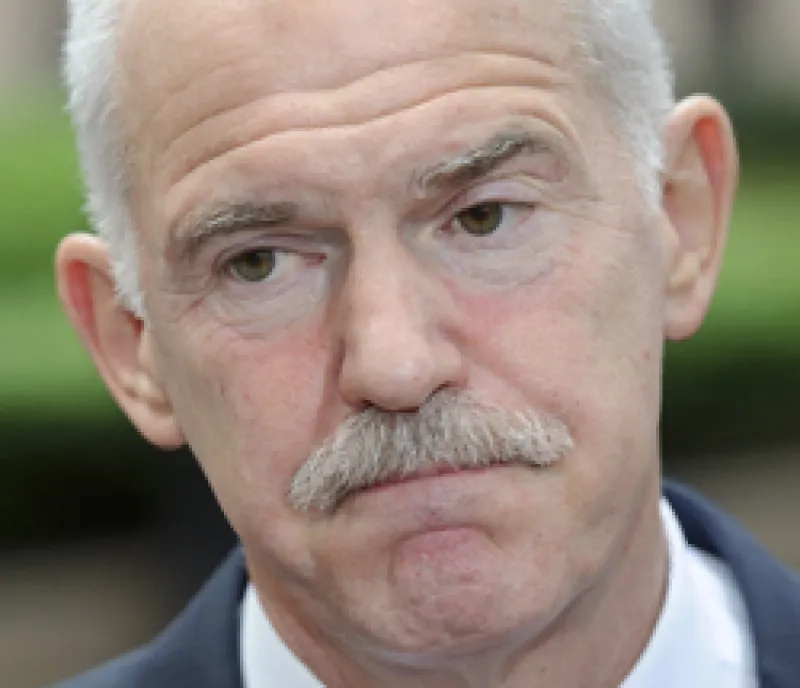
Greek Debt Tragedy Upstaged By DSK Drama
To restructure, or not to restructure Greece’s debt? That is the question – alongside whether Dominic Strauss Kahn is innocent or guilty – plaguing European policymakers, economists, and investors, as it has become clear that Greece is unable to make the necessary repayments on its outstanding debt.
May 20, 2011


